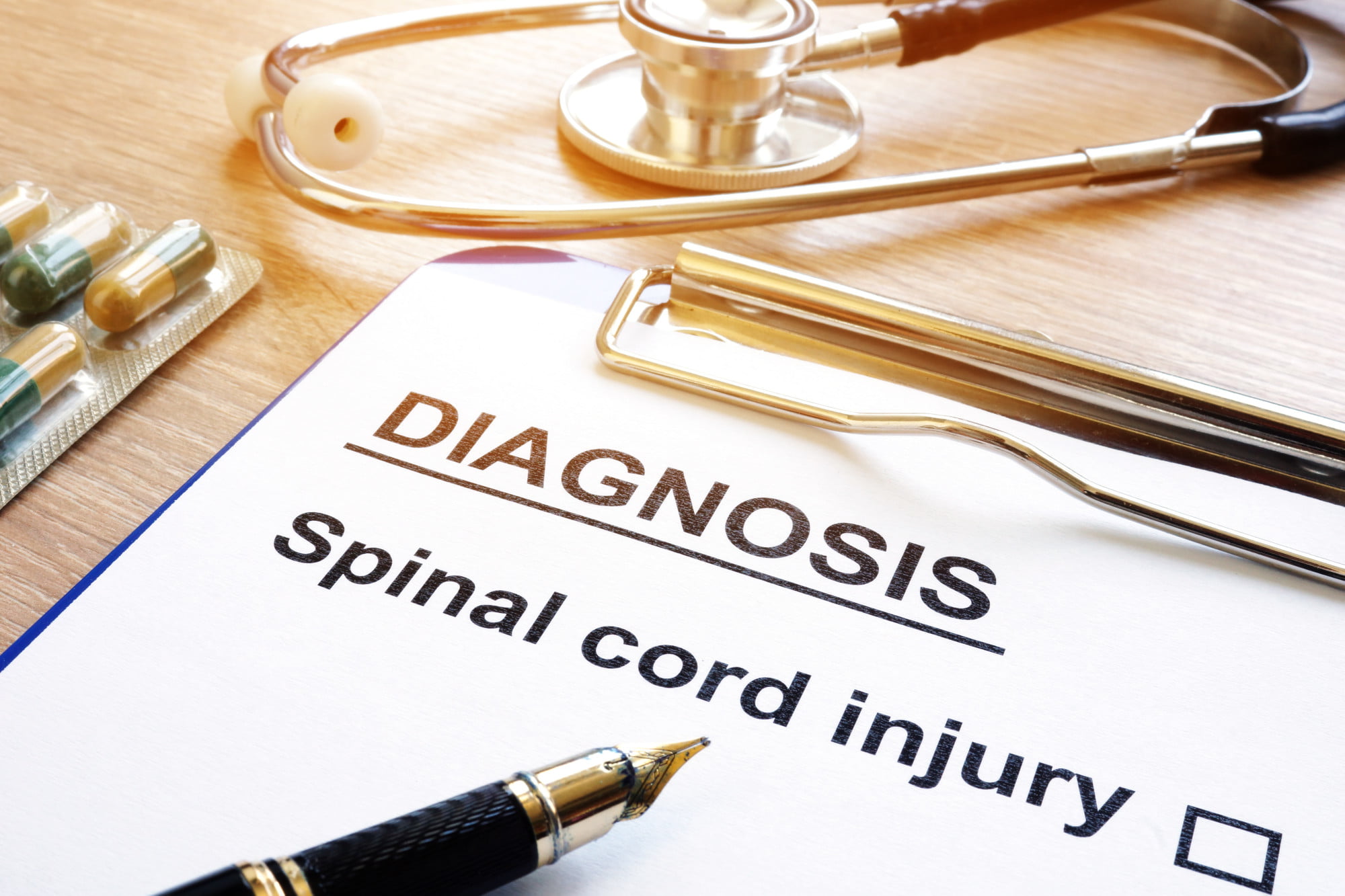Did you know that 296,000 people in the United States live with a spinal cord injury? Many more suffer from temporary spinal injuries that they will recover from. The good news is that you can regain control over your body after an injury with the proper care.
If you’re in the middle of a spinal cord injury recovery, you may wonder where you are in the process. How can you tell if you’re making progress?
We’re looking at the spinal cord injury recovery stages today so you can keep moving forward. Keep reading to learn more!
Initial Shock
After suffering a spinal cord injury, many people have a quiet period of panic. This initial shock can be intense, and this is a difficult stage to manage. The best thing to do during this time is to get professional help immediately.
Treatment is available, and it’s essential to take advantage of it. Having an expert assess the situation and offer medical help and emotional support can make a massive difference in recovery. During this time, it’s essential to focus on facts, not fear.
Getting accurate information from reliable sources can be a big step toward understanding the injury. Talk to your medical team and consider therapy, counseling, and other support services.
Knowing what to expect can be a great help during the recovery process. If you want to have healthy living as much as possible, have professional support during a Spinal Cord injury healing process.
Physical Effects
The physical effects of a spinal cord injury differ from person to person and mainly depend on the injury’s level and extent. Initially, a person may experience sudden changes in sensation and mobility.
Recovery often takes many years and is constantly monitored as the knowledge and technology to manage and treat spinal cord injuries continually advance.
Psychological Reactions
When recovering from a spinal cord injury, psychological reactions are something to keep in mind. It’s essential for those affected by the damage to remember that a range of emotions can come up, and those emotions are normal.
Those affected are likely to experience shock, disbelief, and denial. Over time, that can lead to depression, anxiety, anger, and guilt. It is essential for those affected to be aware of these emotions and to realize that it is okay to feel them.
Resources such as counselors and support groups can be helpful during this process. With time and help, those affected will likely gain a sense of acceptance and, eventually, resilience.
Critical Role of Family and Friends
Family and friends play a critical role in the recovery from a spinal cord injury. Their support is essential during each of the recovery stages. During the acute phase, family and friends must provide physical and emotional support and help the individual cope with their possible anxiety and depression.
During the sub-acute phase, which is one of the stages of spinal cord injury recovery process, family and friends can have a hands-on approach with PT, OT, daily activities, and potential medical issues. Last, in the long-term rehabilitation phase, family and friends can play a role in identifying life changes, providing emotional support, and helping the individual set and strive to reach achievable goals.
Understanding Spinal Cord Injury Recovery Stages
Overall, the journey of spinal cord injury recovery stages is complex, with many different steps and potential setbacks. However, it is possible to progress with the proper treatment, professional guidance, and support network.
For more helpful information, check out our site today.









